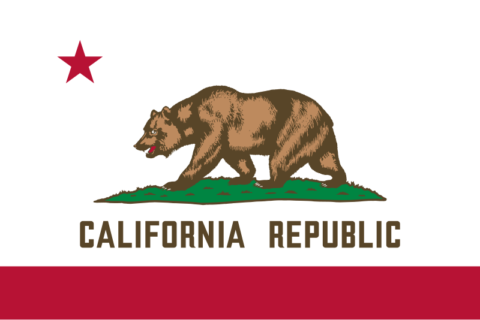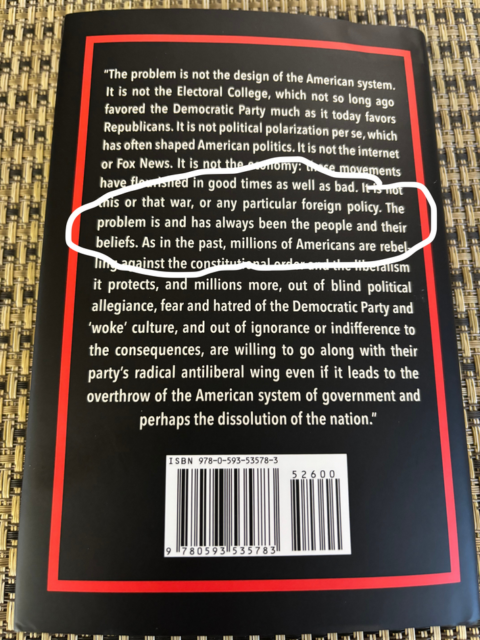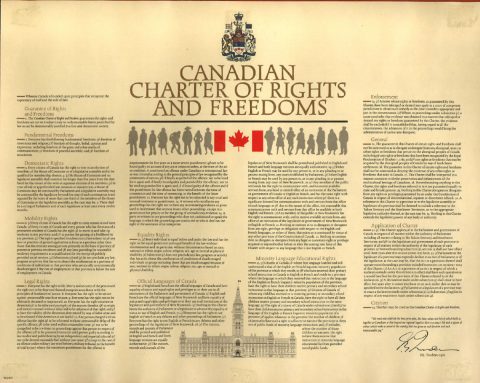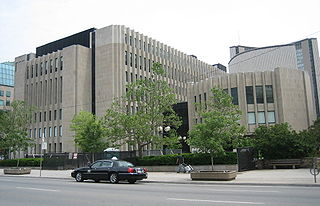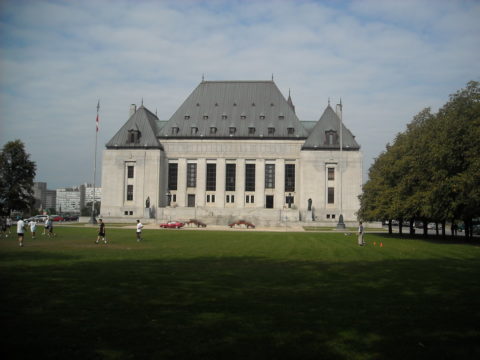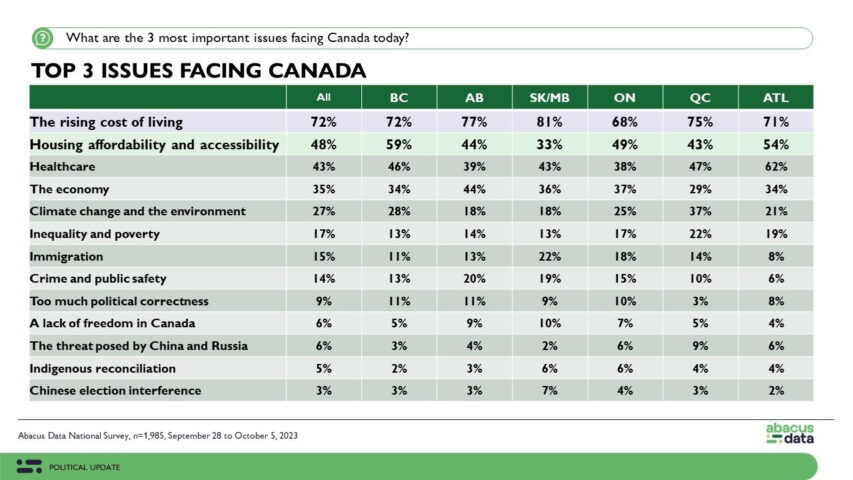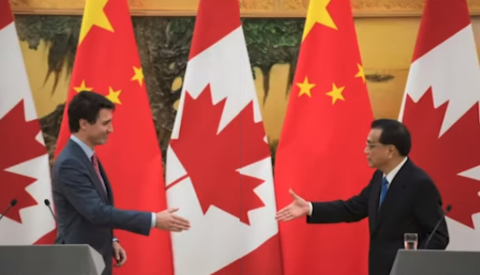J.D. Tuccille discusses a US Supreme Court case on abuse of the power of eminent domain that might be the key to reversing the ridiculous Kelo precedent:
… the U.S. Supreme Court may soon overturn one of its worst decisions in recent memory — a ruling that justified government stealing property from its owners to pass it to better-connected private parties. On Friday, the court will decide whether to consider a New York case that could upset the precedents set by Kelo v. New London, an eminent domain battle that prompted books, a movie, and state-level legal reforms. While Kelo was a loss for anybody who wants to set boundaries around government power, the court could take the opportunity this week to set things right with Bowers v. Oneida County Industrial Development Agency.
Kelo Abandoned Basic Limitations on Government Power
In dissenting to the majority’s 2005 decision in Kelo allowing the taking of a house owned by Susette Kelo by the city government of New London, Connecticut to transfer it to a favored developer, Justice Sandra Day O’Connor quoted Calder v. Bull (1798): “[A] law that takes property from A. and gives it to B: It is against all reason and justice, for a people to entrust a Legislature with such powers; and, therefore, it cannot be presumed that they have done it”.
“Today the Court abandons this long-held, basic limitation on government power”, O’Connor added. “Under the banner of economic development, all private property is now vulnerable to being taken and transferred to another private owner, so long as it might be upgraded — i.e., given to an owner who will use it in a way that the legislature deems more beneficial to the public — in the process.”
That dissent was joined by Chief Justice William H. Rehnquist and Justices Clarence Thomas and Antonin Scalia. Also agreeing with the dissenters were a great many Americans horrified that the Supreme Court had signed off on the confiscation of private property so long as a potential new owner could show spiffy plans for the confiscated parcels and promise greater tax revenue. It wouldn’t even have to be a fulfilled promise — Susette Kelo’s house remained undeveloped when financing for the project fell through.
The response to Kelo included books, a movie — Little Pink House — and a wave of state-level court decisions and legislative efforts intended to rein-in the abuse of eminent domain.
Most States Have Reformed Eminent Domain — but Not New York
“Since Kelo v. New London, 47 states have strengthened their protections against eminent domain abuse, either through legislation or state supreme court decisions,” notes the Institute for Justice (I.J.). Of course, not all the reforms were created equal. I.J. grades the various efforts, with states like Florida getting an “A” grade and Connecticut — where the Kelo case occurred — lagging with a “D”. A 2009 study found that “states with more economic freedom, greater value of new housing construction, and less racial and income inequality are more likely to have enacted stronger restrictions, and sooner” on eminent domain.
And then there’s New York. I.J. gives that state an “F” because it failed to even attempt reform. In 2009, that state’s highest court conceded “it may be that the bar has now been set too low” as it approved seizure of private property for redevelopment. “But any such limitation upon the sovereign power of eminent domain as it has come to be defined in the urban renewal context is a matter for the Legislature, not the courts.” The legislature never acted.








